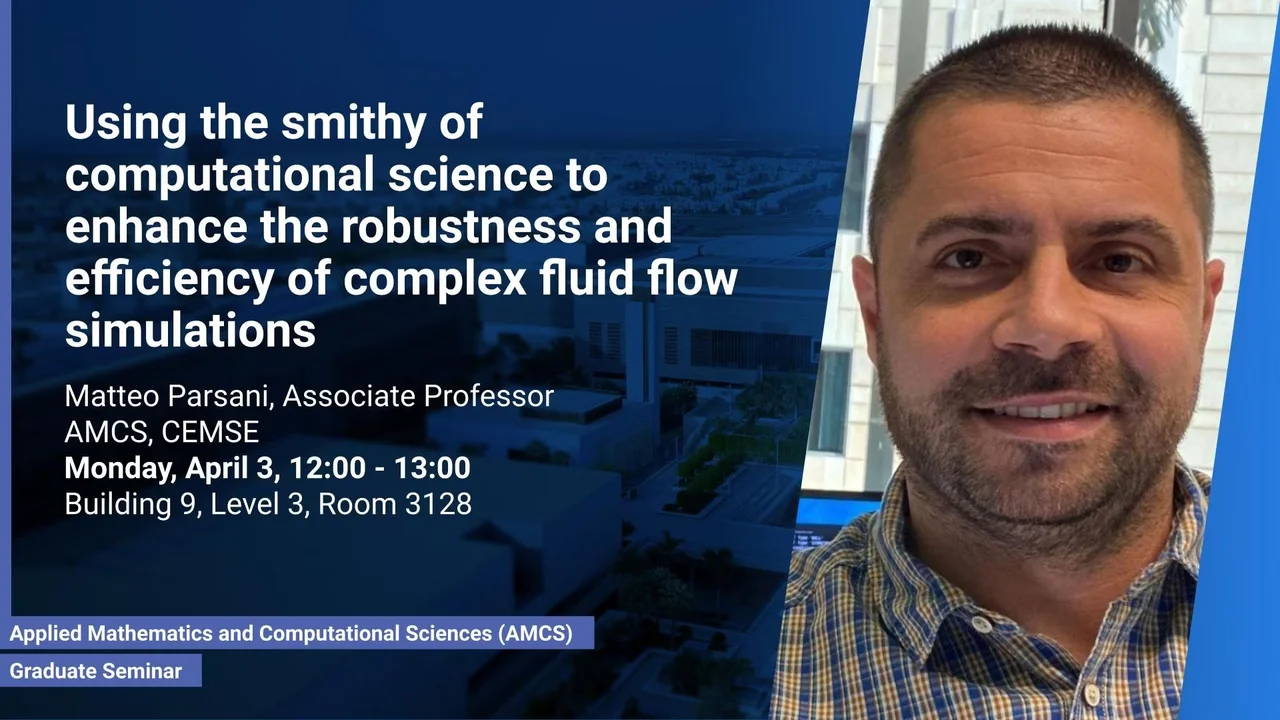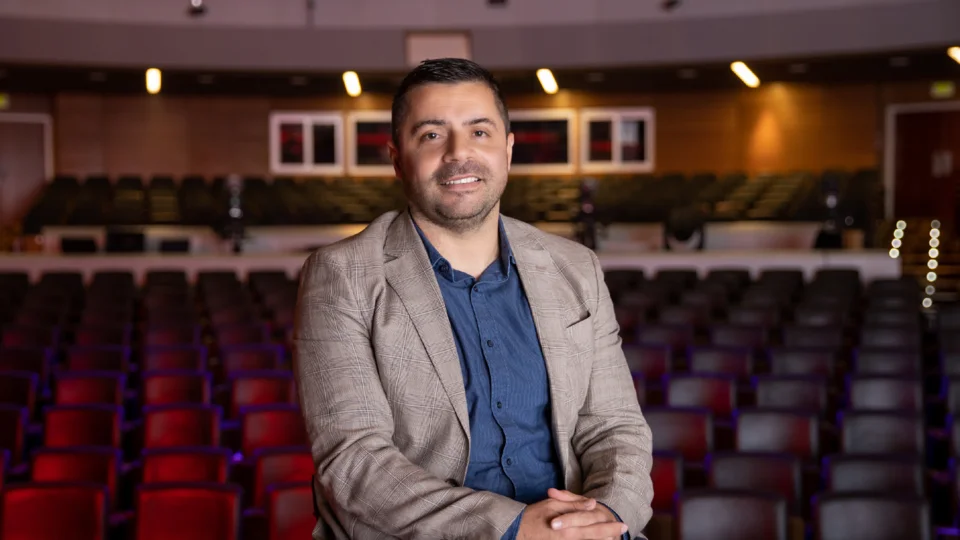
Using the smithy of computational science to enhance the robustness and efficiency of complex fluid flow simulations.
This talk will review the recent shift in the construction and modern analysis of a large class of spatially and temporally adaptive methods whose properties are very close to our current analytical knowledge about hyperbolic or mixed hyperbolic-parabolic partial differential equations (PDEs) in computational physics. Thus these algorithms can be regarded as the elite methods in the field. Next, we will show examples of how the robustness and efficiency of the fully-discrete representation of PDEs can be enhanced using computational science's smithy, i.e., "modern" numerical analysis. The talk will showcase complex flow problems in aeronautics, aerospace, and automotive sectors, provide preliminary results in other fields, and present an outlook for future research directions where data science can currently be the linesman.
Overview
Abstract
This talk will review the recent shift in the construction and modern analysis of a large class of spatially and temporally adaptive methods whose properties are very close to our current analytical knowledge about hyperbolic or mixed hyperbolic-parabolic partial differential equations (PDEs) in computational physics. Thus these algorithms can be regarded as the elite methods in the field. Next, we will show examples of how the robustness and efficiency of the fully-discrete representation of PDEs can be enhanced using computational science's smithy, i.e., "modern" numerical analysis. The talk will showcase complex flow problems in aeronautics, aerospace, and automotive sectors, provide preliminary results in other fields, and present an outlook for future research directions where data science can currently be the linesman.
Brief Biography
Matteo Parsani is an Associate Professor of Applied Mathematics & Computational Science, and Mechanical Engineering at King Abdullah University of Science and Technology (KAUST). He received his B.Sc. and M.Sc. in aeronautics and astronautics from Politecnico di Milano (Italy) and his Ph.D. in mechanical engineering from the Vrije Universiteit Brussel (Belgium). He trained as a postdoc at KAUST and in the Computational AeroScience branch at NASA Langley Research Center (USA).
Professor Matteo Parsani's research interests are related to developing novel, robust, and scalable numerical methods on unstructured grids partial differential equations and their application to solving realistic flow problems in various natural science and engineering areas. The application domains currently driving Matteo's research are compressible computational aerodynamics (e.g., highly-separated turbulent flows), dense gas flow simulations (e.g., supercritical fluids), computational aeroacoustics for noise reduction, and molecular communication.
